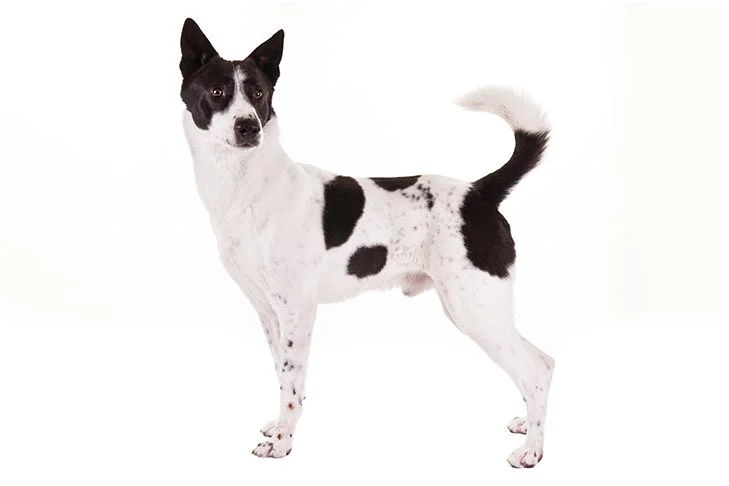Canaan Dogs take their name from the region that is now Israel, Lebanon, and a portion of neighboring nations. Herds and flocks were fundamental to Israelite daily life in the biblical era. Animals were raised for food, leather, and wool as well as for use in the solemn ritual sacrifices that have been a long-standing tradition. Scripture from the Christian, Hebrew, and Muslim faiths frequently makes reference to sheep and shepherds, demonstrating how important pastoral life was to early Semitic communities.
Canaan-like dogs are shown on artifacts dating back to 4,000 years, but the exact year the breed was formed is one of those canine milestones that are no longer visible in history. We can suppose that these dogs served as the herding, droving, and security dogs for shepherds for thousands of years.
In the known history of the breed, the year 1970 marked a turning point. After decades of unstable rule over Judea, the Romans destroyed Jerusalem at that time, scattering the Israelites across the Middle East and the Mediterranean Sea. Canaan Dogs took refuge in the Negev Desert after their owners left and their flocks dispersed, where they thrived and, for the most part, lived undomesticated until the 20th century.
Sentry dogs were required to patrol remote Jewish communities and train as K-9s for the developing Israeli army during the years preceding the establishment of the State of Israel. The semi-wild dogs of the desert were suggested by Dr. Rudolphina Menzel, an Austrian cynologist who was residing in Palestine, on the grounds that only the strongest could survive. So began the domestication of the Canaan Dog.
The desert dogs quickly began earning their keep as sentries, messengers, assistance dogs, and landmine detectors since they were intelligent and very trainable. Menzel started breeding and instructing Canaans as guide dogs for the blind after World War II.
Canaan Dogs are a breed that has survived on its own for for two thousand years and now exhibit the same hardy independence of desert dogs as they did when Abraham first brought his flock to Canaan.




 Health
Health Grooming
Grooming Exercise
Exercise Training
Training Nutrition
Nutrition